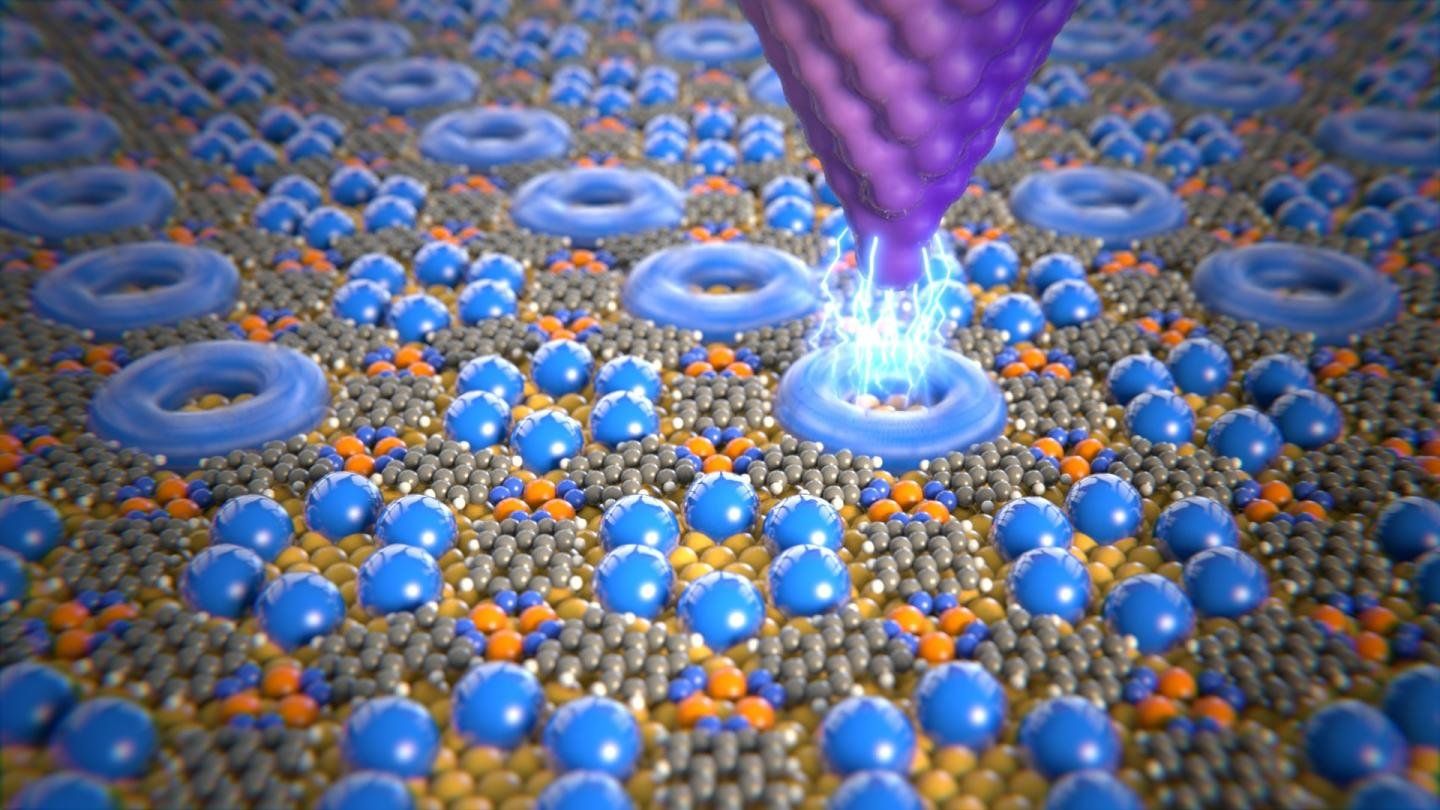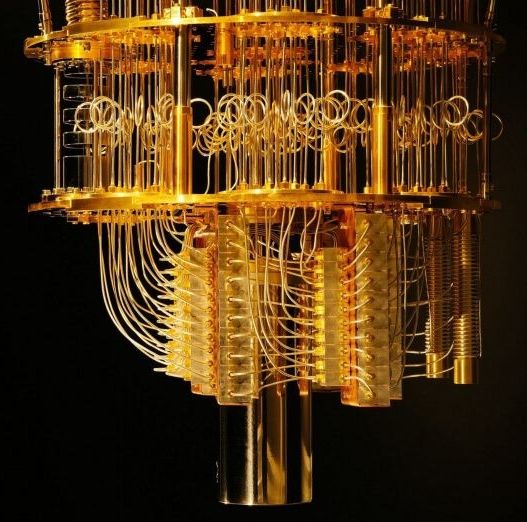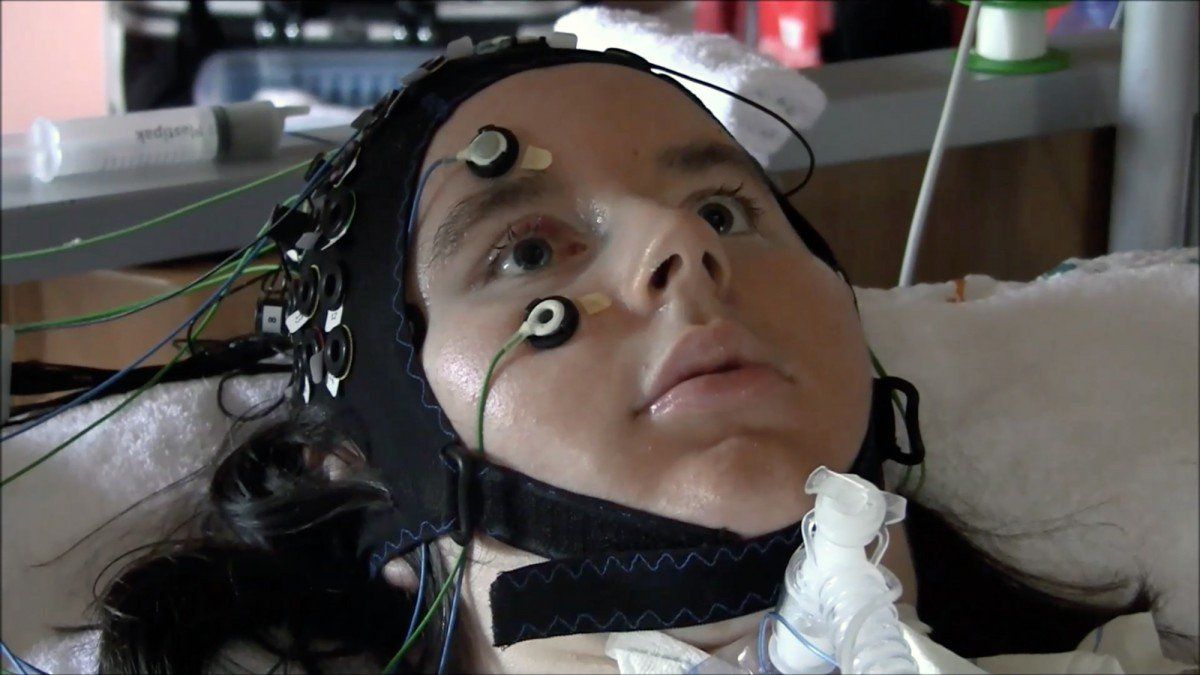With no less than FOUR rocket launches by four different companies, today promised to be an epic one for space fans. But by mid-morning, two of the most anticipated launches, by SpaceX and Blue Origin, were scrubbed by glitches, while weather forced another launch delay in South America.
SpaceX and Blue Origin kicked off the launch attempts today (Dec. 18). A SpaceX Falcon 9 rocket was set to launch GPS III SV01, the first of an advanced new navigation satellite system for the U.S. military. At first the mission, initially scheduled for 9:11 a.m. EST (1411 GMT), slipped a few minutes to 9:34 a.m. EST as SpaceX prepared for launch at its Cape Canaveral Air Force Station pad in Florida. But seven minutes before liftoff, the Falcon 9’s onboard computer triggered an abort, forcing SpaceX to stand down for the day.
“We did have an abort,” SpaceX Firmware Engineer Tom Praderio said during live commentary. “This abort was triggered by the onboard Falcon 9 flight computer. The unfortunate part is that it has pushed us past our launch window today.” SpaceX had a 26-minute window for the launch attempt. The company will try again Wednesday (Dec. 19), with liftoff set for 9:07 a.m. EST (1407 GMT).








